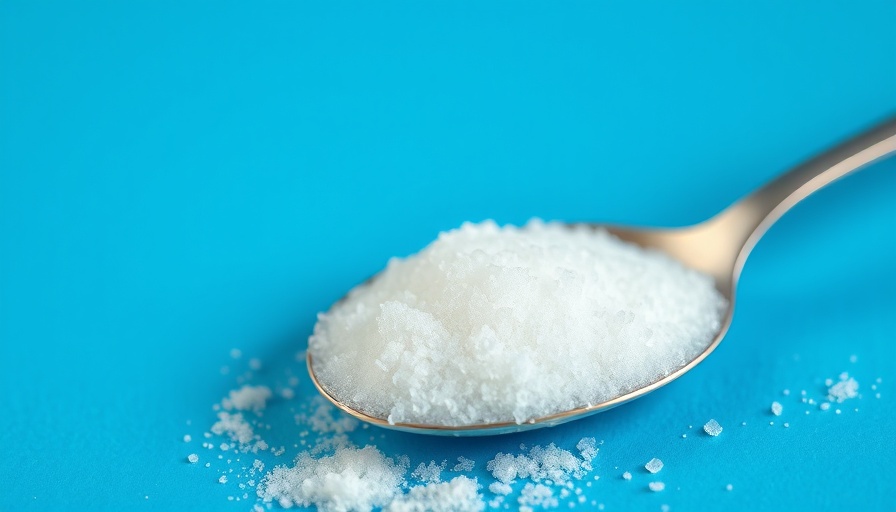
Unwrapping the Sugar Paradox: How It Impacts Aging
As we navigate the complexities of aging, one culprit has surfaced with alarming evidence: sugar. Research consistently shows that our dietary choices, particularly sugar consumption, dramatically influence our biological aging. Understanding the connection between added sugars and cellular health is more crucial than ever for those of us seeking an extended, vibrant lifespan.
The Science of Sugars and Aging
Most people understand that sugar isn’t great for overall health, but new insights shed light on its effects at a cellular level. The epigenetic clock serves as a groundbreaking tool in this research. It reveals how sugar consumption relates to accelerated biological aging. A study examining over 340 midlife women found that for every gram of added sugar they consumed, their biological age increased. Conversely, those following a nutrient-rich, low-sugar diet could potentially reverse biological aging by a significant margin.
Benefits of a Low-Sugar Diet
Transitioning to a diet low in added sugars can profoundly impact your longevity. As emphasized in recent studies, nutrient-dense foods rich in vitamins A, C, and E, alongside fiber and magnesium, are more than just lifestyle choices; they are essential for maintaining cellular health. Opting for whole foods—especially those in the Mediterranean dietary pattern known for their anti-inflammatory and antioxidant properties—can significantly aid in slowing aging.
Practical Tips for Reducing Sugar Intake
The immediate challenge emerges: how do we reduce sugar in our daily lives? It’s about making strategic substitutions. Consider swapping sugar-laden granola bars for options high in nuts or fiber-rich fruits. This small change (reducing about 10 grams of sugar daily) is not only manageable but may yield a 2.4-month reversal in biological age.
Exploring the Connection Between Sugar and Chronic Conditions
Research indicates that sugar doesn't just contribute to aging—it also plays a role in chronic diseases. With rates of obesity and related health issues soaring, it becomes increasingly evident that tackling sugar consumption is not just beneficial for individual health, but crucial for broader health trends globally.
Conclusion: Reclaim Your Health
Reducing sugar consumption is not merely an individual endeavor; it’s an act of empowerment. Understanding how dietary choices affect biological aging and overall health equips us to make informed decisions that resonate through our lives. As we embark on this journey, let’s prioritize nutrient-rich foods while mindfully minimizing sugar’s presence in our diets.
 Add Row
Add Row  Add
Add 




Write A Comment